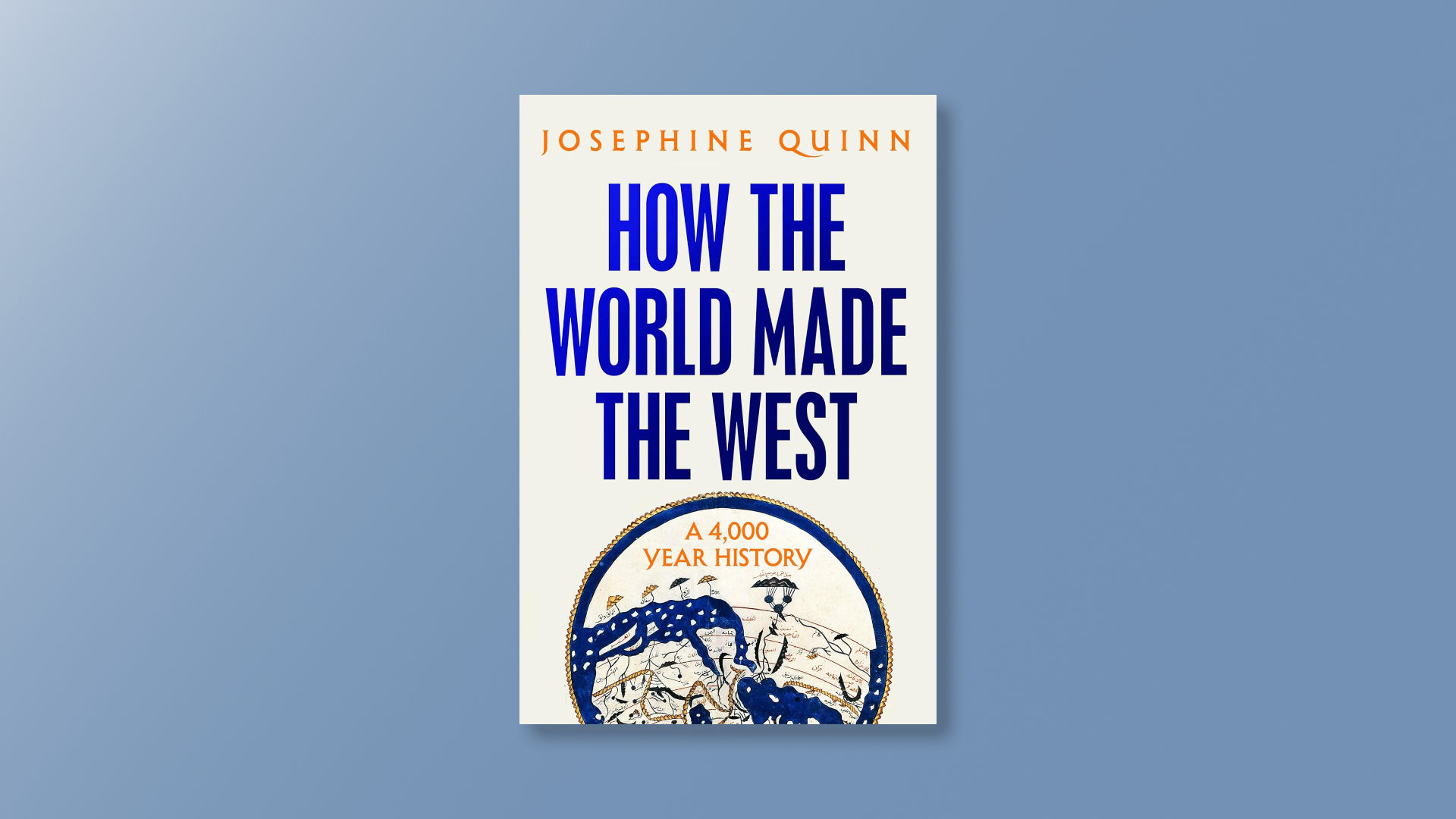How Was the West Shaped? It’s Complicated.

Decoding the Global Roots of the West
Tracing Connections
In her groundbreaking work, "How the World Made the West," historian Josephine Quinn unveils a captivating narrative that challenges the conventional belief that Western civilization originated solely in Greece and Rome. Quinn argues that the roots of the modern West lie in a vibrant tapestry woven from interactions with the world's diverse cultures.
From the bustling streets of ancient Egypt to the intellectual centers of Mesopotamia, Quinn traces the ways in which ideas, technologies, and goods flowed across borders, shaping the trajectory of Western civilization.
She illuminates the profound impact of Babylonian law, Assyrian irrigation, and Phoenician maritime prowess on the development of Western societies. She reveals how Indian mathematics, Arabic scholarship, and the innovations of nomadic peoples from the Steppe contributed to the rise of science and technology in the West.
Tilting at Windmills
While Quinn's thesis that the West emerged through a complex web of interconnectedness is persuasive and well-supported by historical evidence, one may argue that her primary target is a straw man.
In the 1910s and 1920s, there were proponents who exaggerated the isolation and superiority of the Greco-Roman world, portraying it as the exclusive foundation of Western civilization.
However, few scholars or informed individuals today subscribe to such a narrow and outdated view. It's like attempting to challenge a theory that is largely obsolete.
Sleight of Hand
Quinn seems to conflate two distinct arguments. She convincingly debunks the idea of Western civilization as a self-contained phenomenon but then veers into a less convincing territory by suggesting that the concept of distinct civilizations should be discarded entirely.
While cultures may exhibit fluidity and exchange, it doesn't follow that they lose their distinctive characteristics or cease to interact with each other as distinct entities.
Entertaining but Imperfect
Despite its slightly unfocused narrative, "How the World Made the West" remains an engaging and informative read for those interested in the global origins of Western civilization.
Quinn's lively prose, impressive scholarship, and ability to make complex historical concepts accessible are notable strengths.
Namun, its overall impact may be less than thrilling compared to other recent works in the genre, such as William Dalrymple's "The Golden Road" or David Abulafia's "The Boundless Sea."
Pastors seeking insights into the deep history that shaped the West and general readers fascinated with the interconnectedness of human societies will find much to appreciate in Quinn's work.